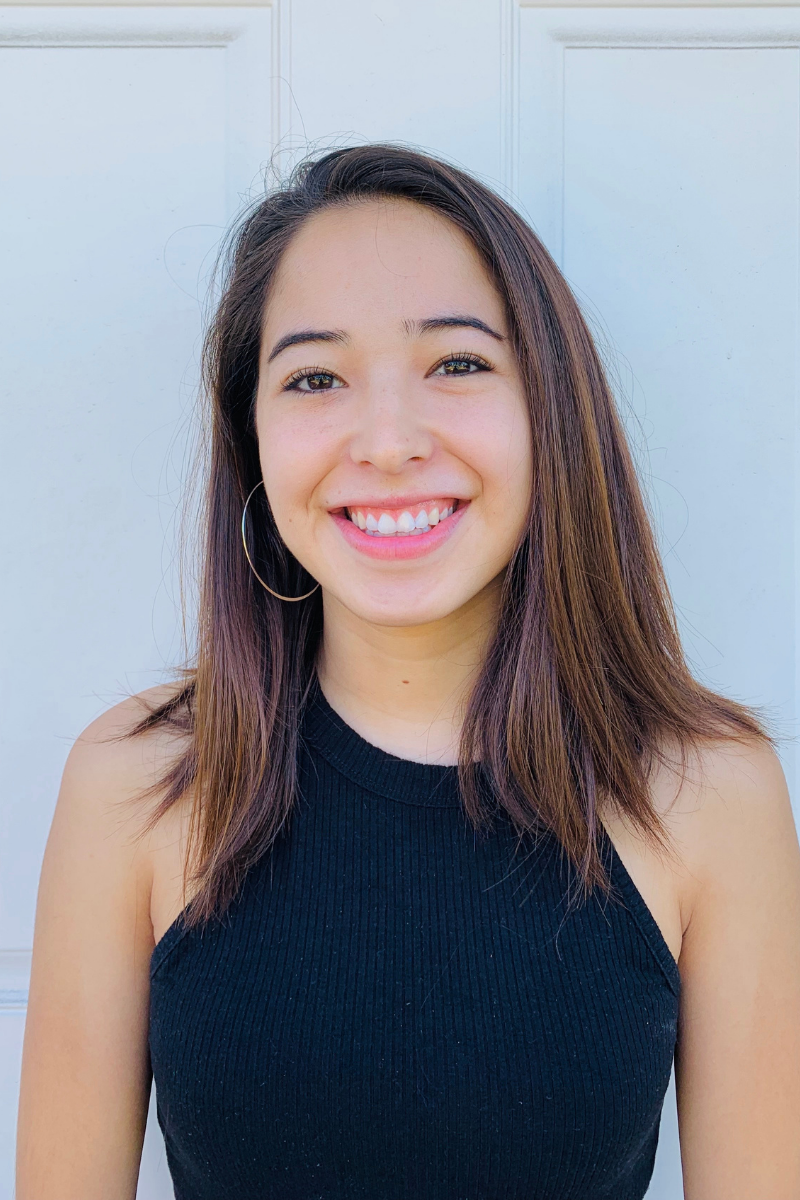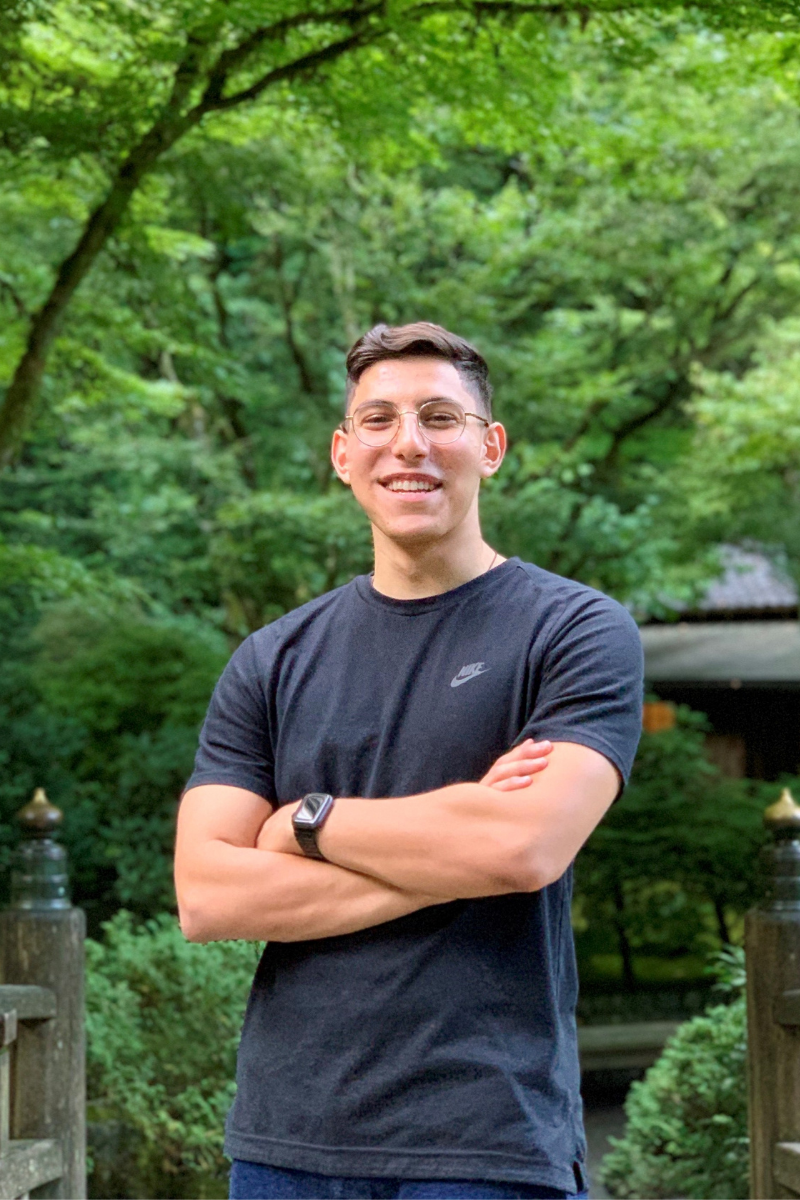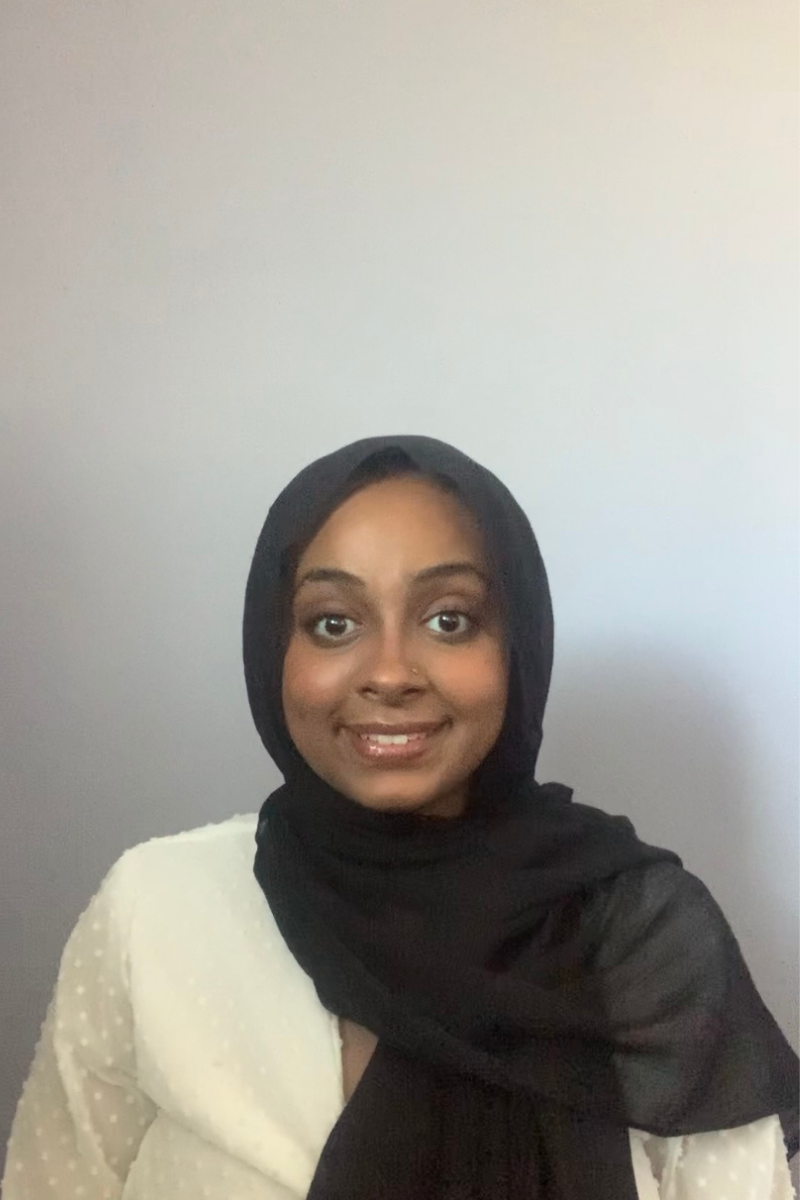-

Mirelle Castaneda-Barranco
Senior - Marshall college - UC Scholars program (Summer 2020)
Education Studies Major
The focus of this research is on how the COVID19 pandemic and distance learning is impacting educational equity in K-12 school contexts. The goal of this research is to better understand inequities that have emerged in the context of the pandemic in order to promote equity in schools. I conducted a literature review and secondary analysis of teacher interviews and social media posts to examine themes around teachers beliefs and practices of students. The preliminary results suggest that distance learning and COVID19 is uprooting teacher practices as a result of the social climate, resources available, and therefore has developed greater awareness of diverse and unique challenges of their students. These results may have important implications for policy making around teacher development and teacher practices around promoting equity.
-

Omar Shalakhti
4th year - Eleanor Roosevelt College - TRELS Scholar (Fall 2019)
Global Health major with a minor in Biology
My research project sought out to propose a leadership course in the public health department. There are few programs/classes at the national level that focus on developing leadership at the undergraduate, whereas it was a heavy emphasis at the graduate level. With the help of my mentors Dr. Ojeda and Dr. Burgos, we proposed a 10 week curriculum that was able to focus on leadership competencies in addition to an experiential component where students are able to incorporate the skills they learned in the classroom and translate to a student-run clinic setting.
-

Eman Sherif
3rd year - Muir College - TRELS Scholar (Summer 2020)
Computer Science major
Over the past 30 years the computer science field has grown to be predominantly Asian and White men. As technology starts to become a greater part of society, it is important that the people creating these technologies are representative of the people using them. However, with the lack of access to computers and computer science classes in high school many underrepresented students do not consider computer science when pursuing higher education. To combat this, I created an educational program for underrepresented students that focuses on creating equitable, diverse, and inclusive(EDI) pathways to computer science. Throughout this program, I taught students basic computer science principles through an EDI lens. With this program students are able to understand the many faults within the current computer science field and start thinking of solutions to these problems. Throughout this program, I found that many students are unaware of the current discriminatory practices within computer science and higher education. Additionally, many students expressed how they hoped to see change and what actions they would take to change the current issues.
The Myth of Meritocracy
Conference for Research in the Arts, Social Sciences and Humanities (CRASSH) - Fall 2020
Meritocracy--the notion that access to power, prestige, and influence is solely earned through inherent ability and accomplishments--is an ideology that pervades our global capitalist society. However, ongoing struggles against anti-Black racism expose the ways in which meritocracy is a myth, obscuring deeper structural inequities in favor of a false narrative of equal opportunity. The myth of meritocracy fuels racist disparities in educational and professional advancement, maintaining an oppressive status quo that often excludes Black people, Indigenous people, and people of color under false pretenses of merit.
This CRASSH event foregrounds the voices of undergraduate researchers pursuing work that critiques the myth of meritocracy in the realms of public health, education, and computer science. By exposing the myth of meritocracy, this collective conversation will inspire deeper commitment to anti-racist work in higher education and beyond.